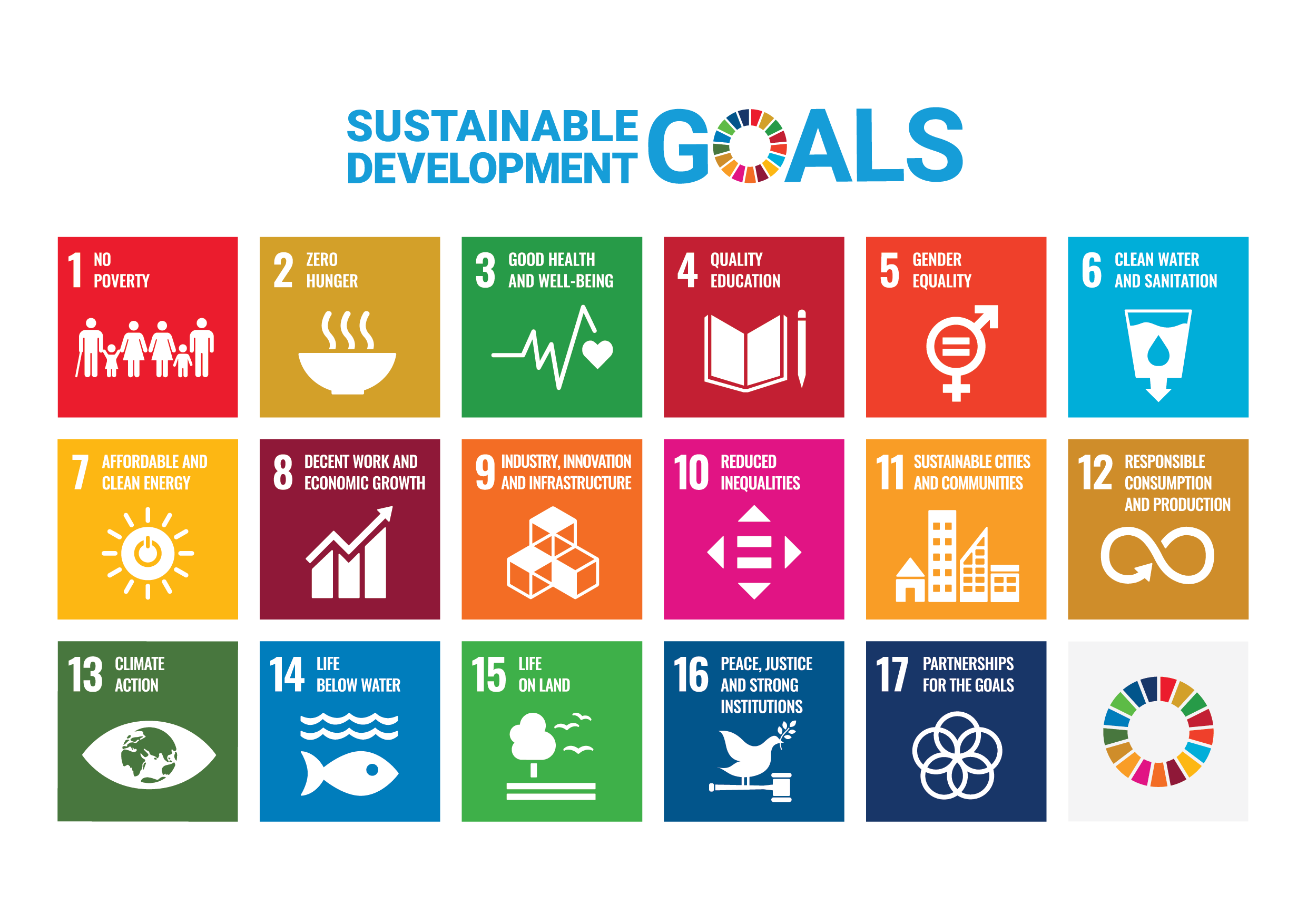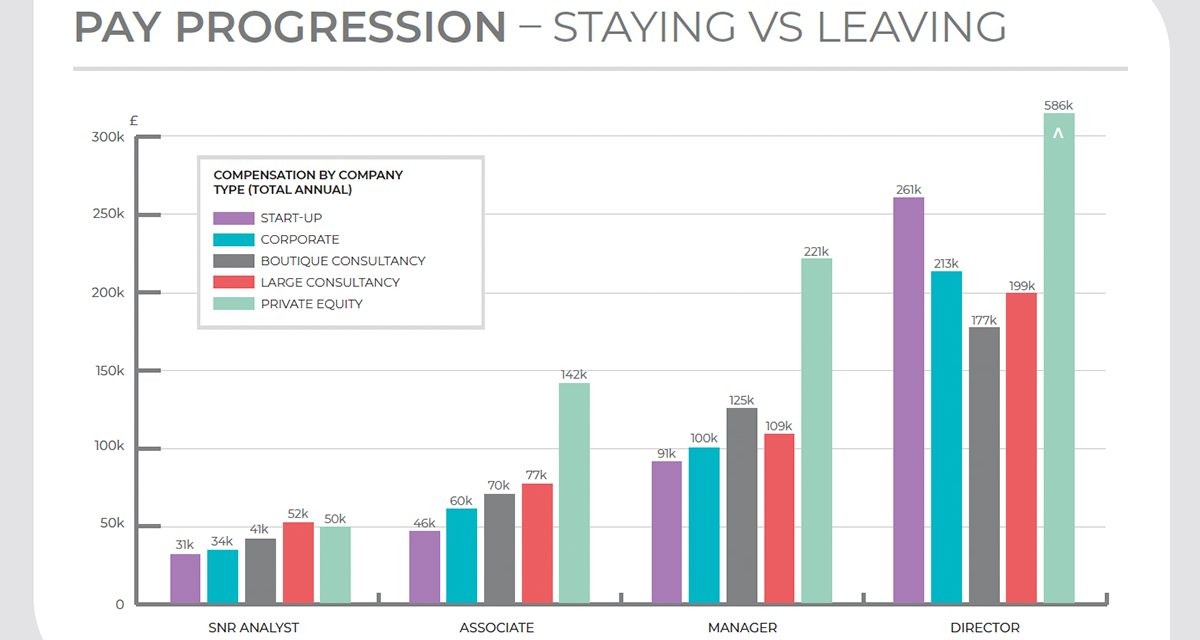
An environmental consultant, a professional who is trained in environmental issues, can help you to comply with regulations and prevent future problems. They conduct investigations to assess the risk of hazardous substances in soil, groundwater, or surface water. They also advise clients on how to minimize risk and avoid fines, legal actions, and misguided transactions.
SQEPs are people who reduce risk and put clients in charge.
SQEPs are individuals who focus on risk reduction. These people can assist with many environmental, economic and operational issues. They have the expertise and experience to reduce risks and keep clients in control. The Office for Nuclear Regulations (ONR), has developed a Technical Assessment Guide for SQEPs. This guide assists inspectors to determine the right number of SQEPs as well as how their tasks should be structured.
SQEPs should have specific experience in their field of work or be supervised by a SQEP who has such experience. SQEPs must also have the ability to compile PSI or DSI reports. The requirements for SQEP certification are set out in Regulation 3. The Users' Manual also provides guidance for determining if an individual qualifies as a SQEP.

They perform investigations to determine whether hazardous substances are present in soil, groundwater, surface water, or both.
A risk assessment is the process of finding out whether or not hazardous substances are present in the environment. The risk assessment assesses the possibility of adverse effects on the environment or public health of the contaminant, as well as the extent of exposure.
Risk assessments are often performed in conjunction with remedial plans. These plans determine the necessary remedial actions for a specific site and identify the risks. They are created by considering current and potential land and resource use, environmental issues, and applicable federal and state laws. The cleanup level must meet, or exceed, a acceptable risk-based standard for the area's inhabitants.
They offer a variety of services
There are many areas of expertise for environmental consultants. They can assist companies with their air emission requirements, or conduct detailed site investigations. They are also able to assist in the design and production of pollution control equipment. Environmental consultants are also a valuable resource when it comes to dealing with regulatory agencies.
Environmental consultants often work from offices or labs, and they may also conduct fieldwork. They will need flexibility, the ability to adapt to changing situations and be able to work in challenging circumstances. They will also need to have strong communication and project management skills, as environmental consultants work with a team to complete projects. They must also be able maintain client satisfaction and files.

Locate an environmental consultant in your area
An education and experience are required to choose an environmental consulting job. A keen interest in the environment is required. You must also have the ability to carry out field research and analyse scientific data. Management and communication skills are essential. Many environmental consultancies offer graduate-training programs. Volunteering with local environmental agencies is also a good option. Most consulting firms employ individuals to provide advice on environmental issues to the public sector as well as commercial entities.
The burden of complying with environmental regulations can be eased by having a professional environmental consultant at your side. However, environmental consulting is not without its challenges. The work can be repetitive, and it requires a lot more self-motivation. Dealing with difficult customers, for instance, may be a challenging task.
FAQ
Can consulting be considered a real job?
Consulting isn't just a career option for those who want to earn quick money. It's also a great place to gain valuable skills and build a foundation you can use in your future work.
There are many options for consulting. These include project management, business strategy, strategy, leadership, and training. There are many projects you could be involved in, from small start-ups all the way up to large-scale multinational corporations.
Consulting provides you with the opportunity to develop and hone your skills, as well as gain experience within a range of industries. This could mean learning to manage teams, negotiate contracts, write proposals, manage budgets, analyze data, create presentations, conduct market research, and much more!
How do you choose a consultant to help me?
Three main factors should be considered:
-
Experience - How much experience does this consultant have? Is she a beginner, intermediate, advanced, expert, or something else? Does her resume reflect the knowledge and skills she has?
-
Education - What did this person study in school? Did he/she take any relevant courses after graduating? Are we able to see evidence of his/her learning through the way he/she writes
-
Personality - How do we feel about this person? Would we prefer him/her working for us?
-
These questions can help you determine whether the consultant is right for your needs. If you do not have the answer, it is worth interviewing the candidate to find out more.
What was the origin of modern consultancy?
The first consultants were accountants that helped companies manage finances. They became known as "accounting consultants." This was because they had become very skilled at managing financial information. But, their role soon expanded to other areas such as human resource management.
The French word for "to advice" was the inspiration behind the term "consultant." This was used by businessmen as a way to describe someone who could provide guidance on running an organization. Today, business owners still use the term consultant to refer to any type of professional advisor.
Do I need legal advice?
Yes! Consultants often create contracts with clients without getting legal advice. This can create problems down the line. What happens if the client cancels the agreement prior to the consultant's completion? What happens if your consultant doesn't follow the contract deadlines?
It's best to consult with a lawyer to avoid potential problems.
Statistics
- According to statistics from the ONS, the UK has around 300,000 consultants, of which around 63,000 professionals work as management consultants. (consultancy.uk)
- 67% of consultants start their consulting businesses after quitting their jobs, while 33% start while they're still at their jobs. (consultingsuccess.com)
- Over 62% of consultants were dissatisfied with their former jobs before starting their consulting business. (consultingsuccess.com)
- So, if you help your clients increase their sales by 33%, then use a word like “revolution” instead of “increase.” (consultingsuccess.com)
- My 10 years of experience and 6-step program have helped over 20 clients boost their sales by an average of 33% in 6 months. (consultingsuccess.com)
External Links
How To
How can you find the best consultants?
The first thing to do when looking for a new consultant is to ask yourself what you want from him/her. Before you start looking for someone to work with, it's important that you know your expectations. Before you start looking for a consultant, make a list. This might include skills such as project management, professional expertise, communication, availability, and technical skills. Once you've listed out these requirements, then you may want to consider asking some friends or colleagues who they would recommend. Ask them if they had any bad experiences with consultants previously and see how their recommendations compare with yours. Research online if you don’t already have recommendations. You will find many websites such as LinkedIn, Facebook Angie's List, Indeed and Indeed where people can leave reviews about their past work experiences. Take a look at comments and ratings from others, and use that data to find potential candidates. Once you have narrowed down your list, reach out to potential candidates and set up an interview. You should discuss your requirements with the candidates and ask them how they can help. It doesn't really matter if they were recommended; as long as they understand your business objectives, they will be able to show how they could help you achieve them.